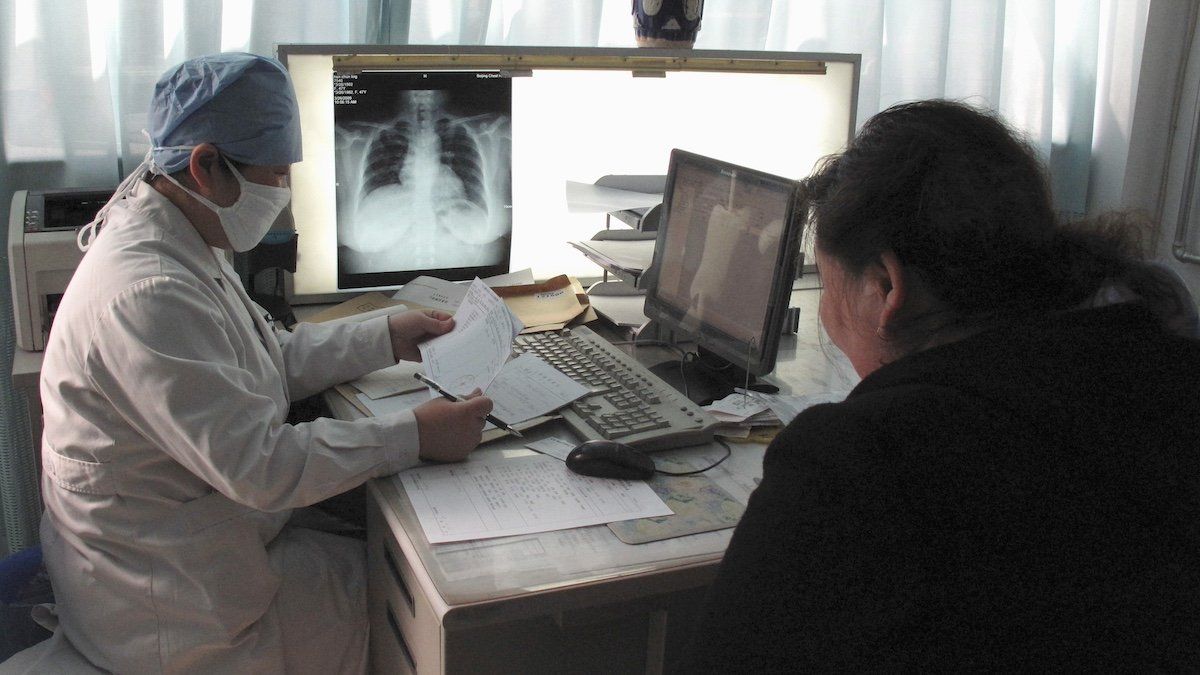What if an artificial intelligence stored on your phone could listen and hear how sick you are? Google is training a bioacoustic AI model called Health Acoustic Representations with 300 million snippets of audio collected from around the world — of people sneezing, coughing, and breathing. The goal? To spot tuberculosis early and treat it.
A whopping 1.3 million people died of tuberculosis in 2022 alone, according to the World Health Organization, and 10.6 million fell ill with the disease. “TB is a treatable disease, but every year millions of cases go undiagnosed — often because people don’t have convenient access to healthcare services,” Google’s Shravya Shettywrote in a blog post. “Improving diagnosis is critical to eradicating TB, and AI can play an important role in improving detection and helping make care more accessible and affordable for people around the world.”
Google is focused first on preventing tuberculosis in India and is partnering with an Indian company called Salcit Technologies, whose own AI app Swaasa is being used by healthcare providers on the subcontinent. Swaasa will integrate Google’s model to improve its own detection of the disease.
